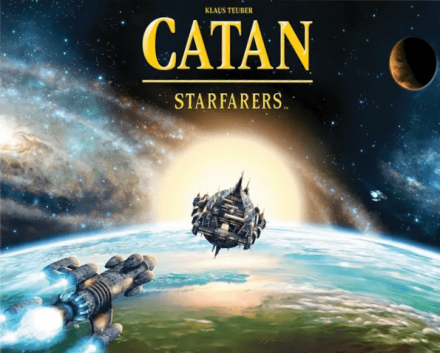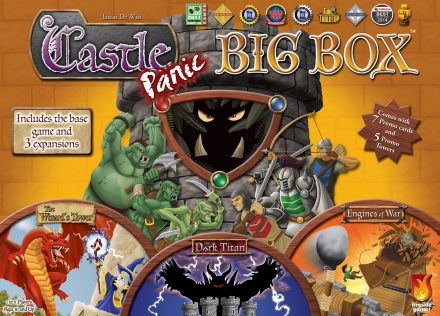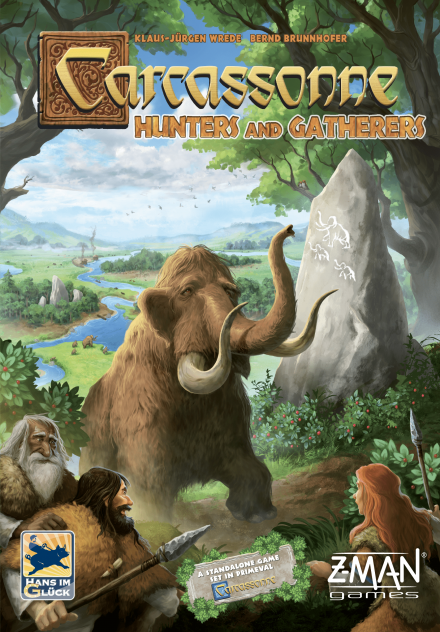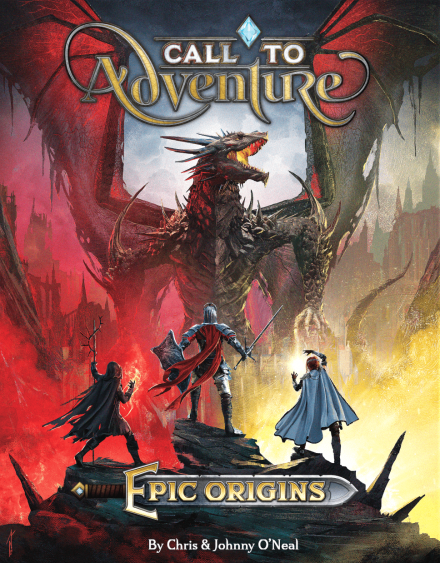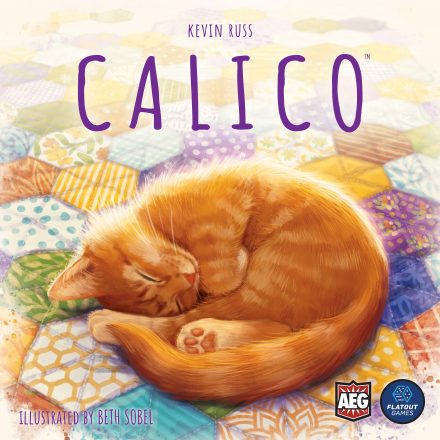Return to Carvania in the follow-up to Century: Golem Edition.
In Century: Golem Edition – Eastern Mountains, players resume their roles as crystal traders and are now out exploring the Carvania mountain ranges and associated valleys seeking to establish a trade network.
Game Mechanics:
- Modular Board
- Pick-up and Deliver
- Set Collection
Game Specifications:
- 2 – 4 Players
- 30 – 45 Minutes
- Difficulty Weight 2.14



